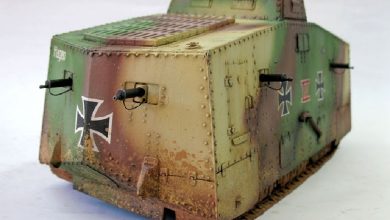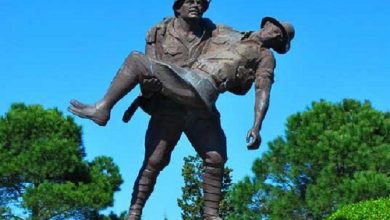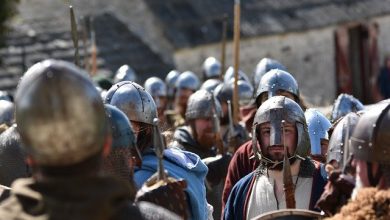5 stupid things that changed the course of history
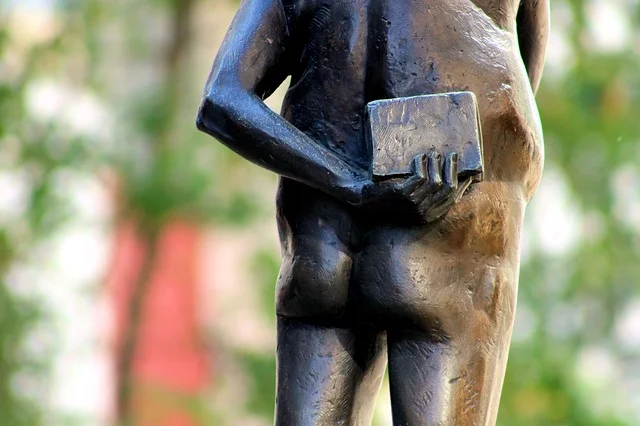
Knowing history superficially, it seems that the things that changed the course of history were pretentious, stylish, and extraordinary. These are Gaius Julius Caesar, who crossed the Rubicon and thus unleashed a civil war in the Roman Republic, and Napoleon, who conquered all of Europe, after which he was first defeated in the Russian Empire, and then by the united coalition in the Battle of Waterloo.
But, in fact, the story is full of oddities, some of which are completely ridiculous. For example, you hardly knew that some pages of history were rewritten literally because of the ass. Yes, an ordinary human ass. Here are some examples of such changes.
A Roman soldier showed his ass and raised an uprising in Judea
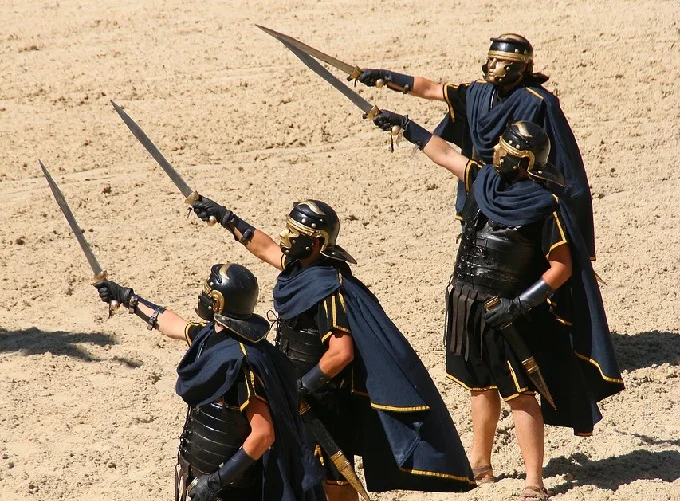
The inhabitants of Judea, mostly Jews, were one of the most rebellious peoples, along with the Gauls. They could not accept the Roman rule and regularly raised uprisings, mainly because of the Romans’ actions. Some of them led to serious defeats of the Romans. At the time when the procurator of Judea was Ventidius Cumanus, in the 48-52 years of the 1st century AD, three uprisings took place at once. Notable was the first, which occurred due to the actions of just one Roman soldier.
Presumably, this Roman soldier, whose task was to maintain order in the crowd at the temple during the Passover holiday, opened the door of the temple where the Jews were feasting, and then showed them his ass, seasoning this show with insults. Jews who rebelled on any occasion could not tolerate such actions, especially in a sacred place, and even on the main holiday, and began throwing stones at Roman soldiers.
Then the procurator sent troops to the temple to pacify the riots, and the massacre began. According to Josephus, more than 3 thousand people were beaten to death, according to another version, about 10 thousand. Such bloodshed, coupled with reaching a boiling point, led to a national upsurge and subsequent uprisings.
The elimination of the enemy with a spear in the ass delayed the unification of Japan
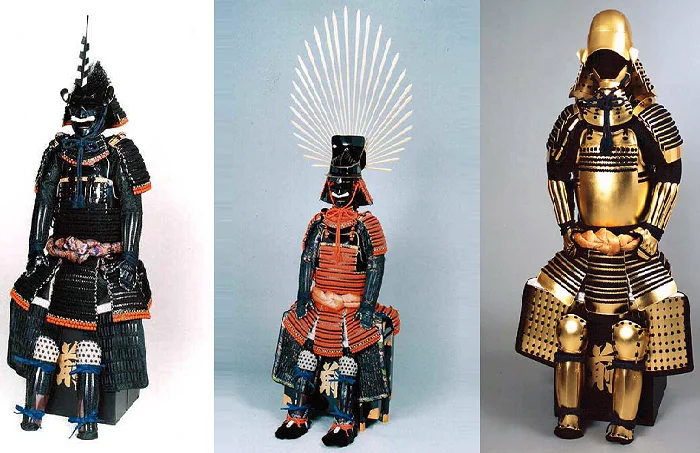
One of the most famous segments of the history of Japan is the Sengoku period, which translates as the era of the warring provinces. When, in the second half of the 15th century, the shoguns of the Ashikaga dynasty lost control of the country, several military leaders, among whom were Tokugawa Ieyasu, Toyotomi Hideyoshi, and Oda Nobunaga, waged war with each other, which only increased the fragmentation of the country. Perhaps the most famous troublemaker was Oda Nobunaga.
After the end of the civil war, formally, Japan was still united by the Tokugawa clan, who became the next shoguns, but this happened much later than it could. The fact is that Nobunaga had a serious opponent – Uesugi Kenshin, daimyo of Echigo province. He had already defeated Nobunaga and was preparing a general battle to finally defeat Oda, when, suddenly, he was killed in his house. There are two versions, according to one of which he simply died of cancer. But there is another one where it says that Uesugi Kenshin died at the hands of a ninja.
He was sent by Oda Nobunaga, specifically choosing a small-stature killer so that he would be as inconspicuous as possible. The ninja hid in the restroom, and when Kenshin went to a small need, the killer, with a spear, stabbed him right in the ass, which led to the death of Uesugi either from a severe wound or from a sudden attack. So Nobunaga removed his most dangerous opponent, and several military leaders continued to shake the country.
A kick influenced Mozart’s career in the ass
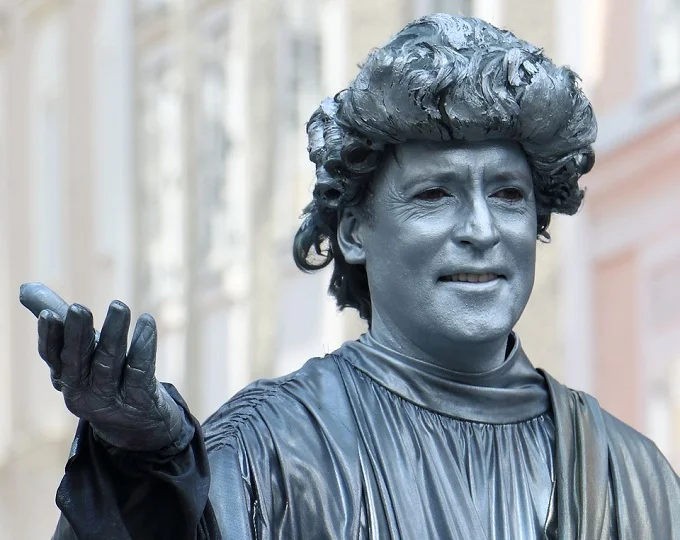
Wolfgang Amadeus Mozart had an invaluable influence on world history, creating many works that sound even centuries later at the most important events in the world. But few people know that the career of a brilliant composer soared up, literally, after a kick in the ass.
In 1773, Mozart began working at the court of the ruler of the city of Salzburg, Prince-Archbishop of Salzburg, Count Hieronymus von Colloredo. He was known for his greed, arrogance and generally behaved, to put it mildly, defiantly. The prince regularly humiliated Mozart, but the last straw was the episode when Hieronymus von Colloredo began to communicate with the composer as a servant.
Then Mozart, who had previously received many flattering reviews about his work in Munich, decided that he would leave the prince’s service and submitted his resignation. However, Colloredo did not accept it, and then the composer began to behave provocatively in order to anger his employer. Colloredo could not stand it a month later and accepted Mozart’s resignation. Finally, at the behest of his master, the prince’s butler gave Mozart a good kick in the ass, which the composer perceived as a strong humiliation and firmly decided to move to Vienna, where he wrote the greatest works.
Unsuccessful duel changed the course of the history of Great Britain and science
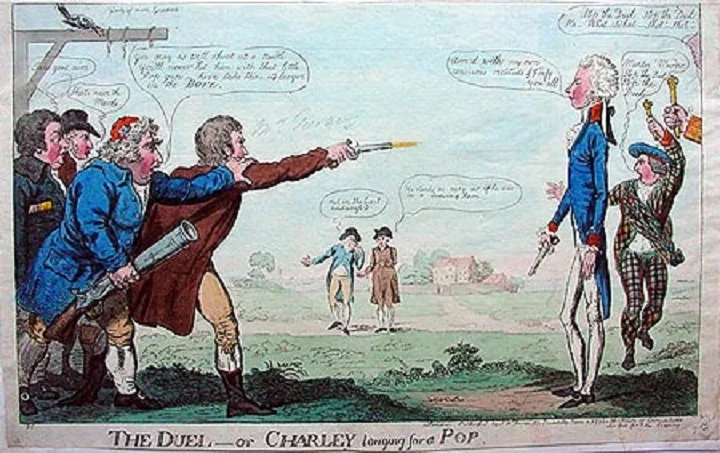
George Canning was a brilliant politician of the early 19th century, and in 1801 he took the post of treasurer of the navy, and later, in 1807, he took the post of foreign Minister and tried to strengthen ties with Spain, which resisted Napoleon. Then there was a disagreement between George Canning, who wanted to conduct military operations in the Pyrenees, and the Minister of War, Robert Castlereagh, who emphasized the Netherlands. This dispute paralyzed the government, and in 1809 it came to the point that Castlereagh challenged Canning to a duel. The problem was that Canning did not know how to shoot at all, and, as a result, he missed. Castlereagh’s bullet hit Canning in the ass, and a draw was declared.
Because of this absurdity, Canning began to be ridiculed and gave way to the head of the cabinet to Spencer Percival. Canning won the post of Prime Minister only 18 years later, in 1827, and laid the foundations of the Liberal Party of Great Britain. Who knows what would have happened if Canning had taken this post in 1809.
By the way, Lord Castlereagh later clearly lost his mind and performed strange actions. Apparently, he had serious mental health problems, and, in one of the fits of mania, he wounded himself in the throat and died. This influenced his nephew, Robert Fitzroy, to reconsider his views on life, and decided to become the captain of the Beagle ship, the one on which Charles Darwin made his trip around the world.
First Japanese attack on American soil due to ridicule of American workers
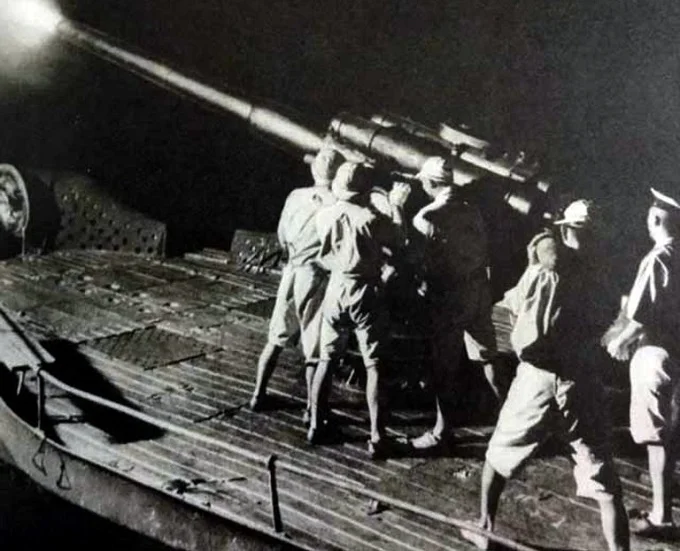
February 1942 was a complete surprise for residents of the West Coast of the United States because then the Japanese attacked the American continent for the first time. Then the Japanese submarine came close to the coast, surfaced, and began randomly firing at the refinery, which led to casualties among workers, an oil spill, and panic. This attack did not look like a full-fledged attempt to destroy a strategic object, and it was not at all.
The fact is that Kozo Nishino commanded the submarine. While in the USA in the 30s, when Japan and the USA were still trading partners, he visited an oil refinery in Goleta, California, where he slipped on the beach and fell on his ass on a cactus, causing laughter among American workers. Moreover, when meeting with Kozo Nishino, the workers regularly recalled this incident and ridiculed the Japanese.
After the Japanese attack on Pearl Harbor and the outbreak of the war in the Pacific, Kozo Nishino realized that he could take revenge on the offenders, went to sea, and, having reached that very refinery, shot him, which was the first attack of Japanese troops on the continent. This provoked the Americans to create a strike group to protect the coast, and also gave ordinary residents an understanding that the Japanese could, at any moment, land and deal with them, which led to even greater support for the war and the purchase of war bonds. This, in turn, further fueled the American military machine and allowed for successful combat operations in the Pacific.


